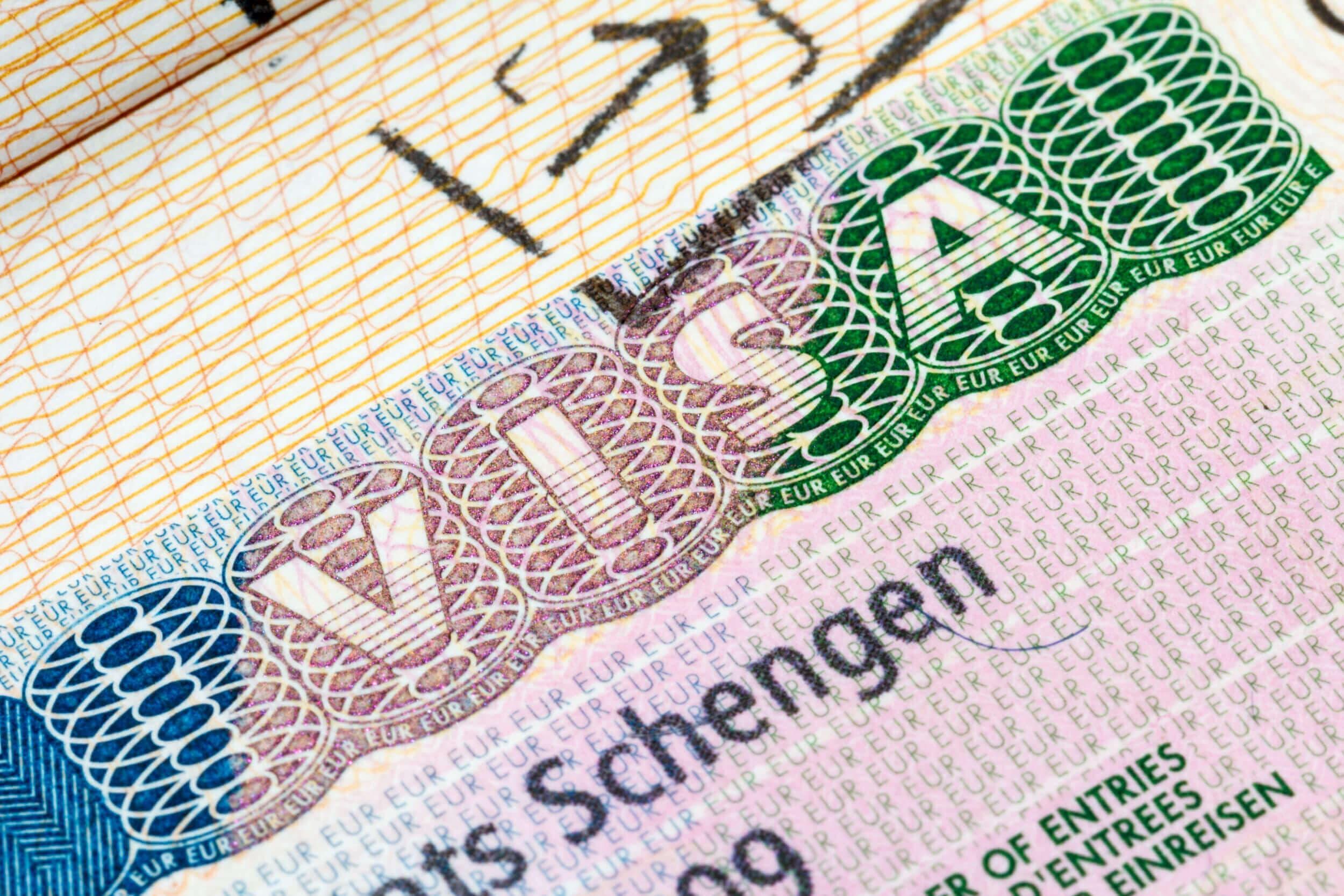About UntaxedEuropean governments give huge tax benefits to real estate investors and owners - a policy that is common in many member states despite all political differences. Over the past months, Investigate Europe’s team analysed the taxation and loopholes for real estate investments in several European countries. This lures billions of euros to the overheated real estate market.
Cross-border stories from a changing Europe, in your inbox.
Cross-border stories from a changing Europe, in your inbox.

 Diogo Augusto
Diogo Augusto Eurydice Bersi (Reporters United)
Eurydice Bersi (Reporters United) Paulo Pena
Paulo Pena

